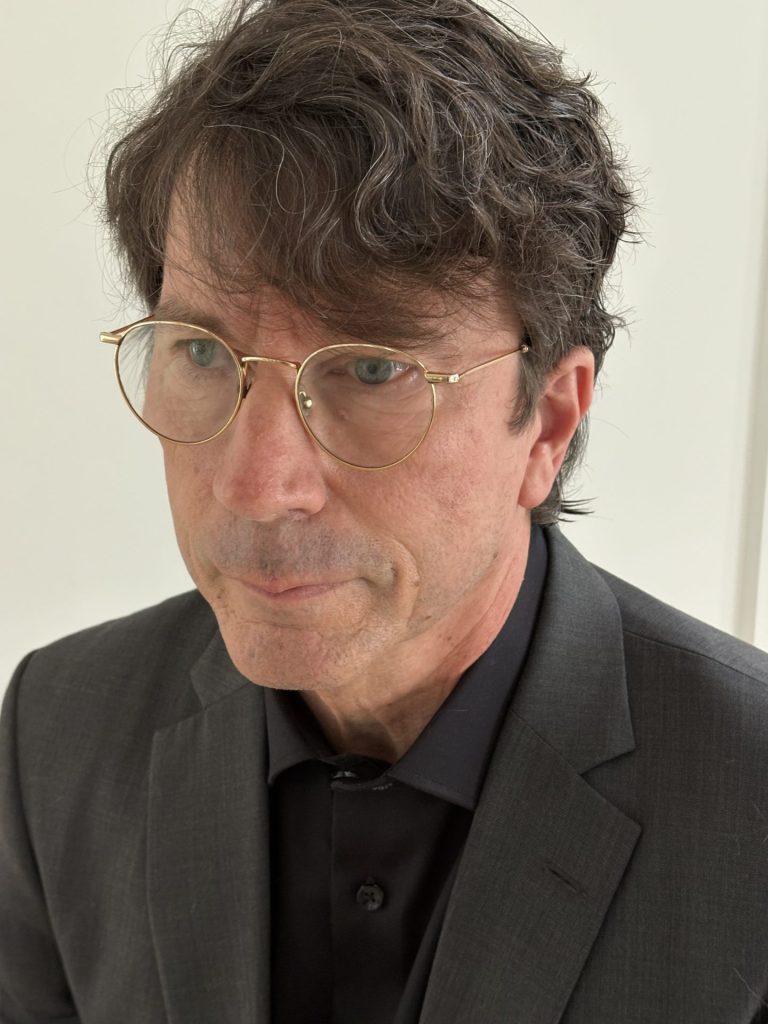WOLFVILLE, N.S.—In October of this year, author David Adams Richards will turn 75, the mandatory retirement age for a member of the Canadian Senate. I leave it to others to speak to his Senatorial career. My purpose is to celebrate Richards the writer.
I certainly count myself as one of Richards’ admirers. His body of work, both fiction and non-fiction, has deeply shaped my own thinking over the years, and it is with that in mind that I offer this appreciation.
I have often wondered what first drew me to his novels? What I can say is that they had and continue to have an enduring impact on me. While it is true that many of his most celebrated stories focus on the people and landscape of the Miramichi region of New Brunswick, Richards’ themes reach beyond a particular time and place, and the lessons to be drawn are universal in their relevance.

In clear and poignant language, Richards speaks to the fragility of life. His characters are haunted by actions, whether violent or careless, that carry consequences not only for themselves, but also for others and sometimes for generations. He holds a microscope to a people and to a society, capturing both grace and cruelty in equal measure.

It is true that in his works there are moments of tremendous heartache, in which the seeming randomness of life is drawn in deep shades of grief and sadness. Yet to focus solely on that is to miss the moments of wonder, bearing witness to the tenderness and innate dignity of those who have suffered and yet can still find love and consolation. His compassion is for the wounded and for those who stand with them. We care about these people.
Richards’ depictions of rural life lay bare the complexities of human nature, while challenging the smug arrogance of those who deem themselves sophisticated. He is likewise unsparing in ridiculing political correctness and censorship, while exposing the hypocrisy of professional social “activists” and self-righteous academic charlatans.
In his celebrated non-fiction work, God Is, Richards speaks to his struggle—a struggle I and others share—in finding faith in a hostile secular world, a faith not based on sanctimony or mere ritual, but grounded in the simple desire to find meaning in something greater than ourselves, beyond the arrogance of the self.
I had the good fortune some years ago to meet Richards in Ottawa at a reading for his then most recent book Mary Cyr. It is sometimes risky to meet someone you greatly admire, fearing that the person you imagined will be different from the reality. But I need not have worried. He was as thoughtful and gracious as I could have wished. When it came my turn to have my copy of his book signed, he took the time to listen.
Some might find his novels grim or unrelentingly dark. But I cannot agree. If one only looks deeper, you will find a beauty and nobility which transcends the sorrow.
To me, Richards is not only one this country’s finest writers, but also a moral authority, and his words and stories are a celebration of the humanity that is always there, beyond the tears.
Michael Kaczorowski is a former senior federal government policy adviser.
The Hill Times
